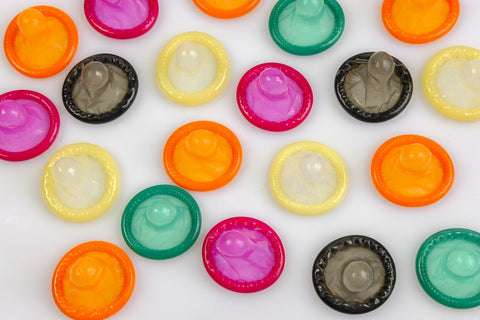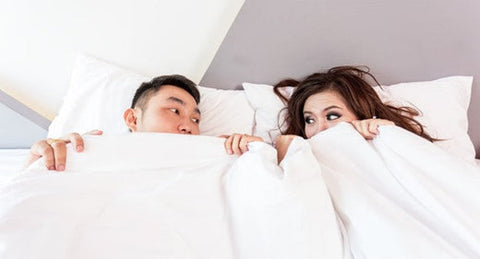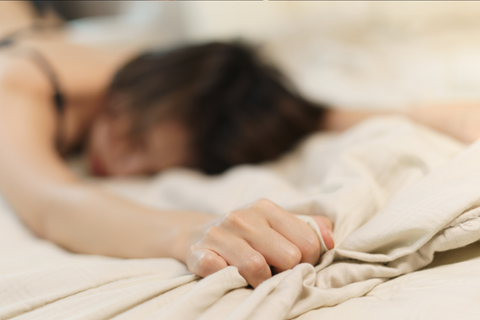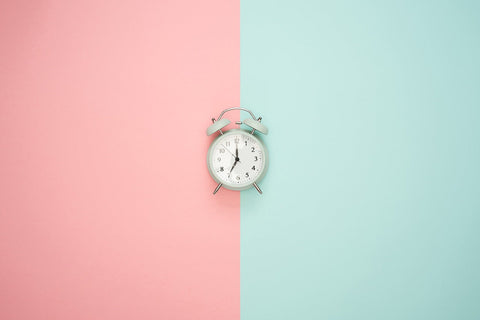The combined contraceptive pill is the most popular form of birth control available (Netdoctor, 2014), likely in part due to its 99+% effectiveness (NHS, 2017). However, no method of contraception is 100% reliable, and it’s important to know what can make your pill less effective – or stop it working altogether – so that you can be as protected as possible.
Sickness and diarrhoea
The pill’s effectiveness reduces if a person experiences vomiting or diarrhoea within the 2-hour (NHS, 2016) window in which the pill has been consumed. This is because the birth control pill needs 2 hours to digest into your system, and therefore any heavy release of bodily fluids such as diarrhoea counteracts this. If you become ill within 2 hours of consuming your pill, then your pill will not of have had time to enter your system. You will still be protected if you take another pill straight after your sickness – however if you continue to experience sickness and diarrhoea after this, then you are no longer protected (NHS, 2016). Therefore, it is advised to refrain from any intercourse for 24 hours, or if you do wish to participate in sexual activity, be sure to use a condom as a form of contraception until you are well again.Consumption at Irregular Times
Your contraceptive pill should be consumed around the same time each day, this is to ensure the hormone levels stay consistent. Having irregular times to consume your pill can reduce the effectiveness, and increase your chance of falling pregnant. It is therefore recommended to other contraception should be used if in any doubt. It’s considered ‘missing a pill’ if you take it anymore than 24 hours later than your usual time (FPA, 2017). The chances of pregnancy depend on how many pills are missed and when, therefore it’s important to always use a condom if you are unsure if you will be protected from your pill.
Storage of your pill
Believe it or not, the storage of your pill can have an impact on its effectiveness. While the most common place to store medicines is in our bathroom cabinets, the steam and heat produced from your shower and bath could cause an inconsistency in temperature, and therefore effect your contraception pill (Medicine Plus, 2016). The recommended storage conditions for pills is to be kept out of direct sunlight and in a cool area. It’s also important to remember to check the expiry date of all medication before consumption.
Certain Medication Antibiotics
Whilst most medication is safe to take alongside the contraceptive pill, there are certain medications that can interact with it and stop it working efficiently (NHS, 2017). One specific antibiotic that can affect your pill from working is Rifabutin, a drug used to treat tuberculosis. The reason this antibiotic in particular has an effect on the pill is because it can cause irregular periods, and therefore raising the risk that you may get pregnant, even if you are using your birth control correctly. Always check with your GP if any medication prescribed can interfere with your birth control pill, and take precautions where necessary. If you are ever unsure of the certainty of your birth control, then it is advised to use a condom alongside this for reassurance.
Remember, although the contraceptive pill is one of the most popular forms of birth control, it doesn’t protect you against any sexually transmitted infections or diseases. To protect you and your partner on both fronts, ensure you always use condoms. Like most medications, there are side effects that can occur when taking the combined pill, therefore this isn’t suitable for everyone. There are other birth control methods to consider such as condoms, the implant or the injection. If you have any concerns about contraception and its side effects, you should speak to your GP or another healthcare professional.
References:
Net Doctor, 2014 – Choosing a Contraceptive Method
NHS, 2016 – What if I’m on The Pill and I’m Sick or Have Diarrhoea?
NHS, 2017 – Contraception Guide: Combined Pill
FPA, 2017 – The Combined Pill
Medicine Plus, 2016 – Storing Your Medicines
NHS, 2017 – Combined Pill








